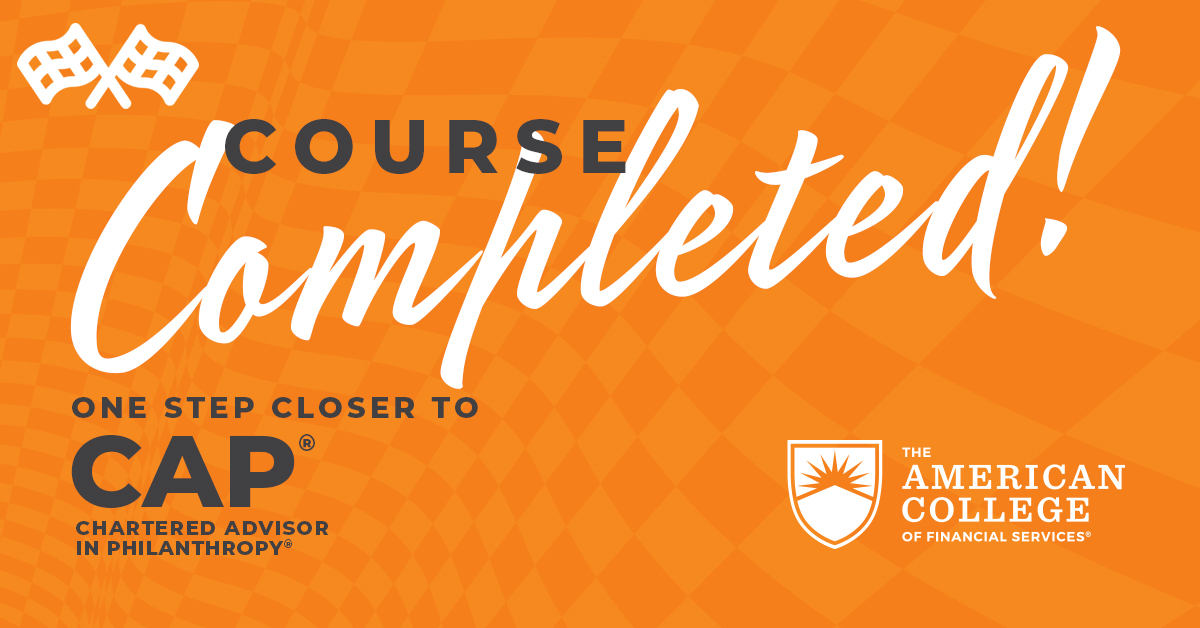Tornadoes over water, better known as waterspouts, are a regularly occurring phenomenon in the Florida Keys. On average about 400 waterspouts occur each year though they primarily develop in the summer months when humidity levels are higher.
Tornadic waterspouts are tornadoes that form over water, or move from land to water. They have the same characteristics as a land tornado. They are associated with severe thunderstorms, and are often accompanied by high winds and seas, large hail, and frequent dangerous lightning.
Fair weather waterspouts usually form along the dark flat base of a line of developing cumulus clouds. This type of waterspout is generally not associated with thunderstorms. While tornadic waterspouts develop downward in a thunderstorm, a fair weather waterspout develops on the surface of the water and works its way upward.

We hope this newsletter finds you well. As global and national events continue to remind us about what’s important, our board of directors and staff remain deeply committed to deploying the power of giving to create positive change in the world.
Back to basics: Reminding clients about wills, trust, and charitable bequests

August is national Make a Will Month, and the publicity surrounding this designation may prompt your clients to ask you about whether their affairs are in good order. Of course, making sure a client has established an estate plan and executed corresponding legal documents is a priority for any attorney, accountant, or financial advisor who practices in the field of estate planning, tax, or wealth management. Still, it’s always helpful to remind clients to keep their estate plans up to date and review their plans with you on a regular basis.
Indeed, despite the many cautionary tales arising out of the Covid-19 pandemic, most Americans do not have a will. Even those clients who do have estate plans in place may not truly understand the difference between a will and a trust (and the reason they still need a will even if they have a revocable living trust). A client also may not understand that a charitable bequest can be part of an estate plan whether the client’s main estate planning vehicle is a will or whether it is a trust.
Research reveals fascinating psychological factors behind a person’s decision to leave a bequest in the first place, which helps to understand the motivation for leaving a gift to a charitable organization in a will or trust. Not surprisingly, altruism has long been one of those factors. Bequests to charity are not a new idea. Examples of high-profile estate gifts date back centuries. Benjamin Franklin established testamentary charitable trusts dedicated to supporting Boston and Philadelphia tradesmen, and George Washington left bequests in his will to colleges and trade schools.
Our team welcomes the opportunity to work with your clients to establish funds at the community foundation that will be funded through a will or trust or beneficiary designation on a qualified retirement plan or life insurance policy. Make a Will Month is also a good time to remind your clients that bequests of qualified retirement plans can be extremely tax efficient. Funds flowing directly to a client’s fund at the community foundation from a retirement plan after the client’s death will not be subject to income tax or estate tax. To learn about the Community Foundation of the Florida Keys’ Legacy Society, visit cffk.org/legacy.
Your Community Foundation team is on its way to achieving the CAP® designation.
We look forward to sharing what we’ve learned and the opportunity to collaborate with you when your clients plan for philanthropy.

Spotlight on Donor Advised Fund Holders Jane and Bob Kervin

Bob and Jane Kervin have spent their lives helping others. In northwest Ohio, where they are from, the couple has volunteered and assisted others for years, including building a food pantry (Bob is a former general contractor). “We’re interested in providing opportunities for helping people help themselves, says Jane.” With a passion for marine life, including fishing, they recently retired to the Upper Keys. Of course, charitable giving is part of their lives here as well. “We thought setting up a fund would be a great way to learn about nonprofits and needs and work with someone who knows the community.” Their Ad Majorem Dei Gloriam Fund, which is named after the Latin motto “For the greater glory of God,” supports environmental conservation, the arts, religious organizations, and other needs, especially in the Upper Keys. “It’s not about getting recognition,” says Bob, “it’s about doing things to help others.”
Help Clients Organize Their Giving Through a Donor-Advised Fund

Here’s a simple playbook to guide you through a client conversation to begin establishing a charitable giving plan using a donor-advised fund at the community foundation.
Your clients’ charitable intentions, coupled with the community foundation’s ability to structure donor-advised funds and other charitable giving vehicles to meet your clients’ financial and community impact goals, create many opportunities for us to work together. The offer is always open for our team to stop by your office over breakfast, lunch, or even as a midday break to exchange ideas. We’d love to help you help your clients make a difference in our community.
The team at the Community Foundation of the Florida Keys is a resource and sounding board as you serve your philanthropic clients. We understand the charitable side of the equation and are happy to serve as a secondary source as you manage the primary relationship with your clients. This newsletter is provided for informational purposes only. It is not intended as legal, accounting, or financial planning advice.